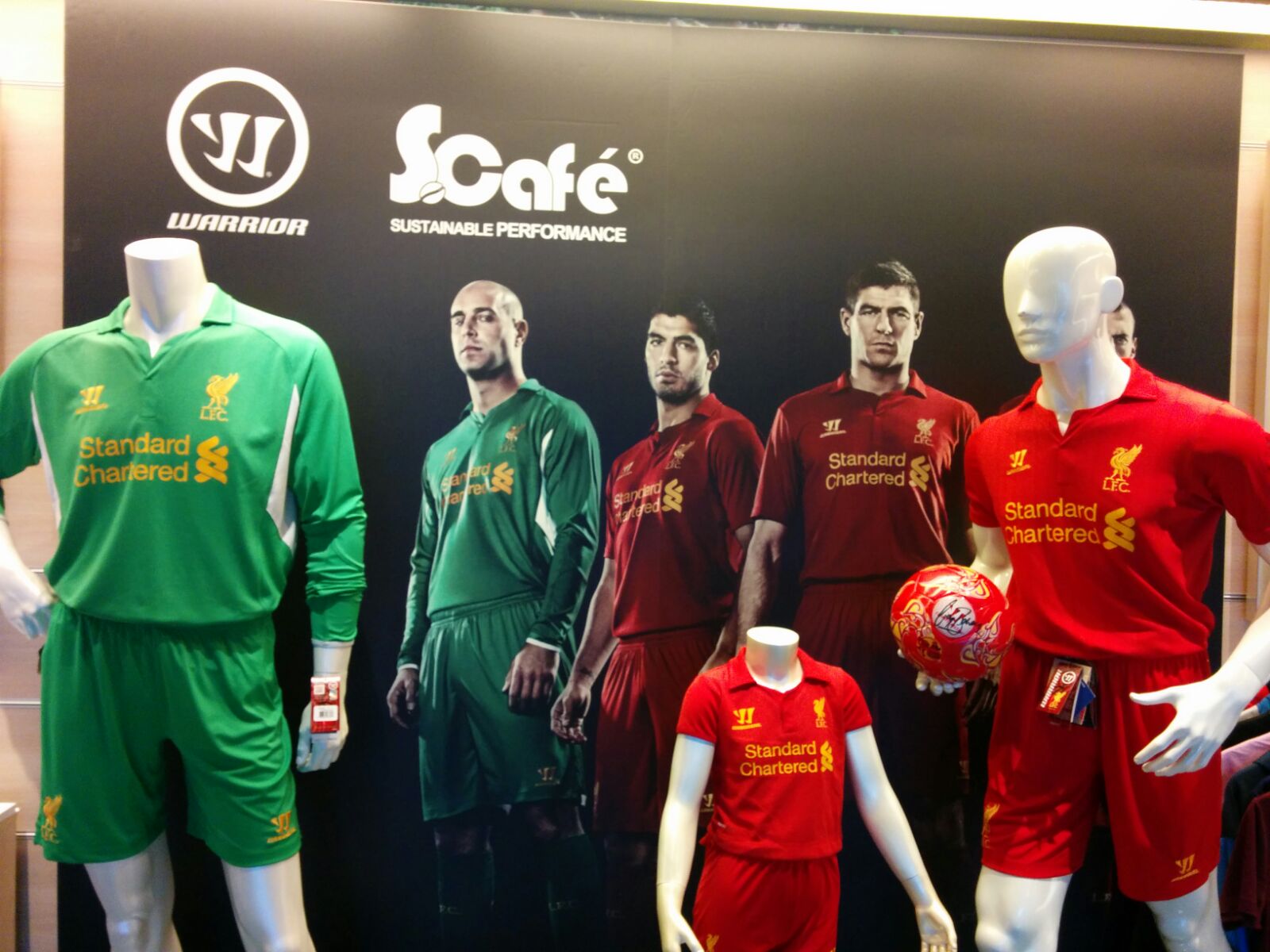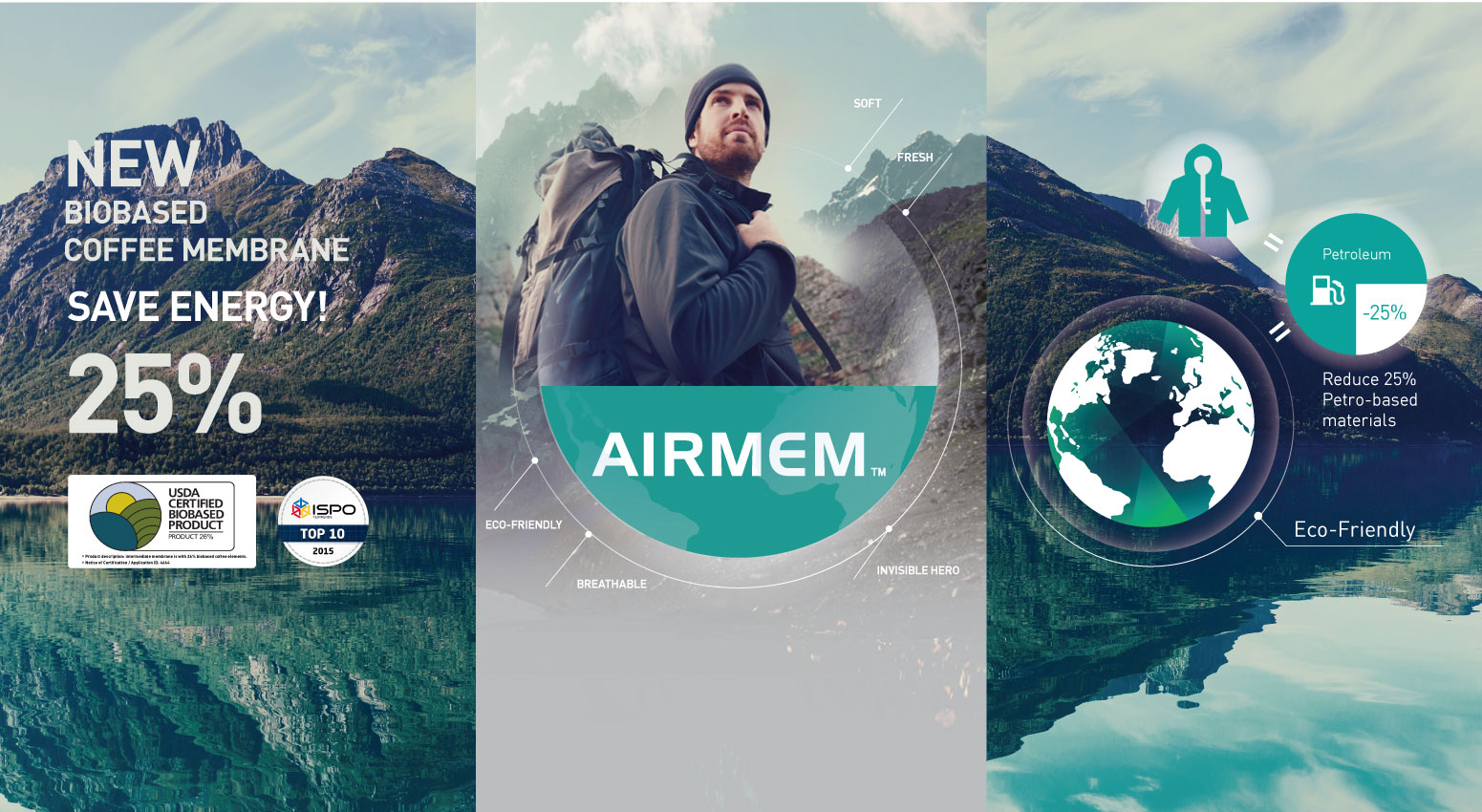

S Café has won ‘Best Invention Award’ at Geneva Inventions and Pittsburgh Invention Gold Medal Award of Merit. Additionally, it has obtained GRS (Global Recycle Standard) certification by Control Union (Holland base notarisation unit) and Recycled Material Certification by TÜV (Germany base notarisation unit).
Focused on innovative fabrics
Singtex is a $50 million company and has been witnessing five to 10 per cent business growth every year. It is now also expanding into garment production and dyeing. Localised customers according to Ching are now increasingly looking for sustainable products such as recycled polyester or recycled properties in fabrics. “This year, the trend is about sustainability. China has a lot of garment factories. Lot of global customers are jumping into the Chinese supply chain and looking for good products. China will continue to grow though at a slow pace. We have a two or three per cent share in the Chinese market. So far our company has focused on the European and US markets. We have just come to China. Next year we think our share will be one percent more.”
Fabrics is the company’s main business. They are mainly wicking fabrics or laminated waterproof fabrics. “The US has a 50 per cent share in our business and Europe has 40 per cent share. The other 10 per cent comes from China and the Asia Pacific. About 10 per cent of our business is driven by yarn and fibres, the rest comes from fabrics,” he adds.
In performance fabrics, some customers look for more stretch. Fabrics are non-spandex but still have stretch. “We do this by construction or by yarn. If we take out spandex, the fabric can have quick dry and wicking. We make tight fit possible without spandex. Non spandex stretch is growing. This trend can be seen in the US, Japan and Europe,” explains Ching.
Sustainable products in demand

Reiterating Ching’s opinion that most of the brands are now looking for green products, Jason Chen, Chairman, Singtex said, “The business is about finding a good vendor, good fashion. But the product should be environment friendly. The product should be good for the country, good for consumers and good for the land.”
Many countries, he says, have different groups. “I see competition between groups but the competition should be with oneself. That way you will benefit and your products will get better. It’s about products from a good idea, products from a good design. You develop products from your mind. If you do that you have no competition. For instance, TPP is 40 per cent of the global market and I don’t think it will impact the global business. It’s not a competition but a move from some place to other. One day, sourcing destination may even move to Africa or somewhere else. So it is about being prepared, ready. But it is not about being calculative,” avers Chen.
He feels China’s textile industry should undergo a transformation since manufacturing there is shrinking. “They have to change their design thinking. It is not enough to copy. Designs have to be original. And this is a long process. It is about thinking from production to design. But it has to be done. Otherwise there won’t be real development. China’s young generation has a lot of potential. They are capable of doing it. We need to encourage them,” Chen asserts.
www.scafefabrics.com












